ST ENGINEERING iDIRECT INTEROPS THE
V1.2 DIFI PROTOCOL
AT FIRST EUROPEAN PLUGFEST
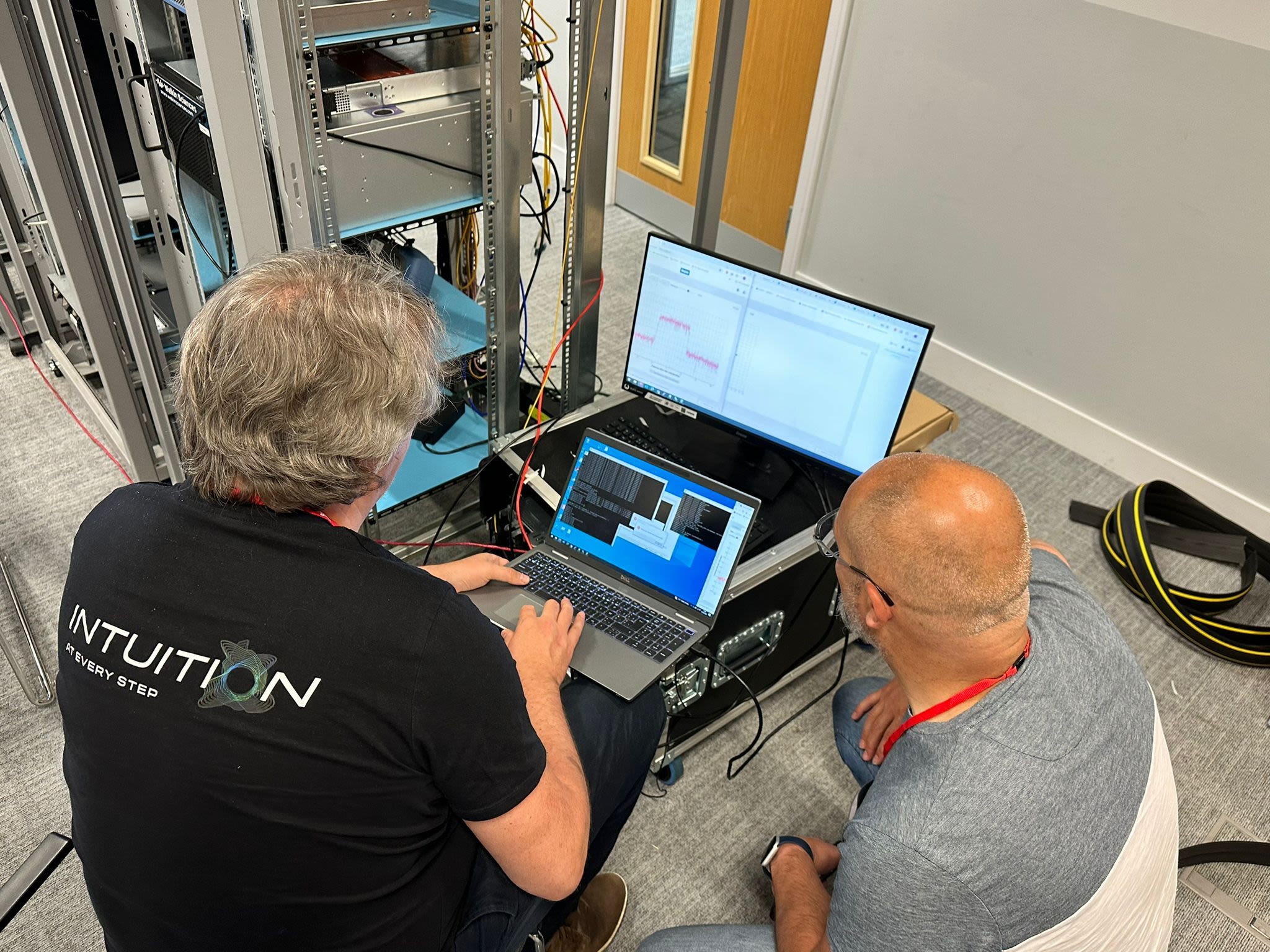
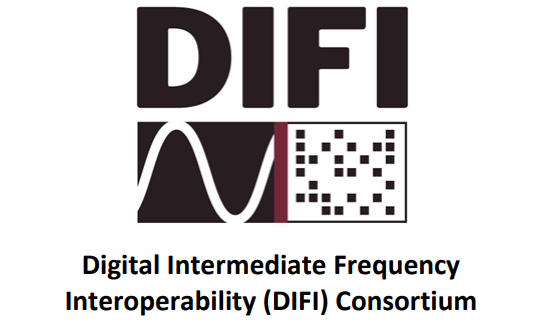
The Digital Intermediate Frequency Interoperability (DIFI) Consortium has carried out its second plugfest and the first to be held in Europe.
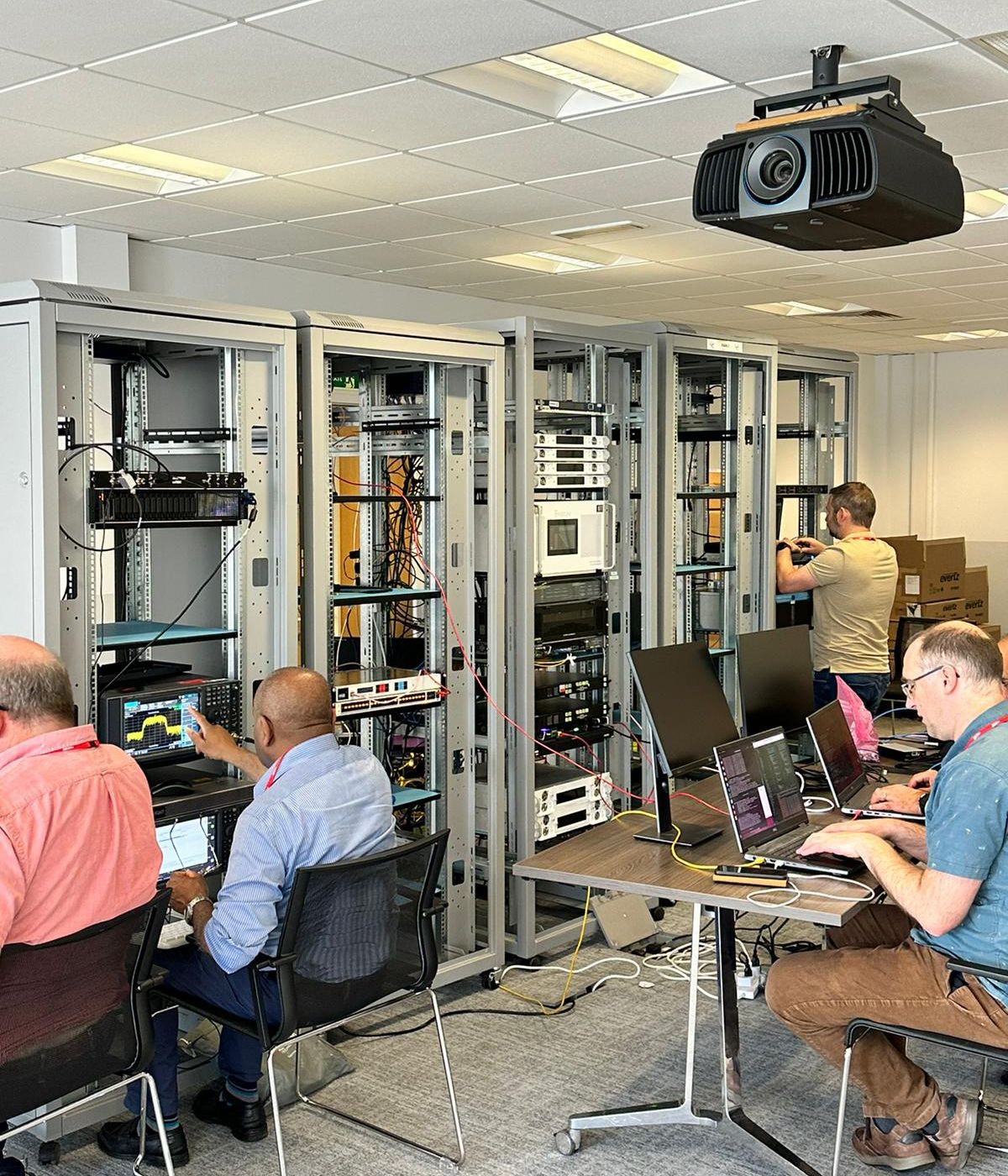
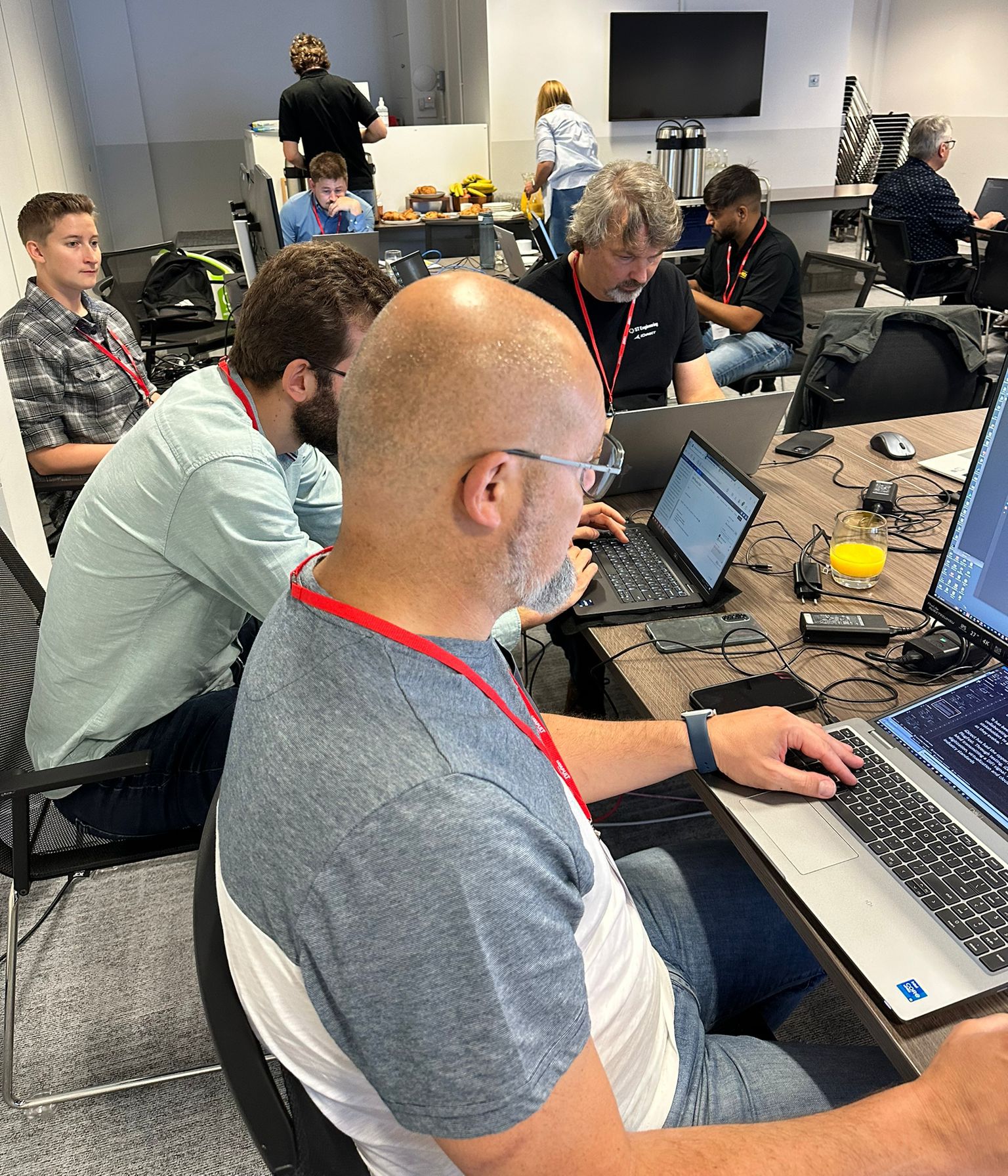
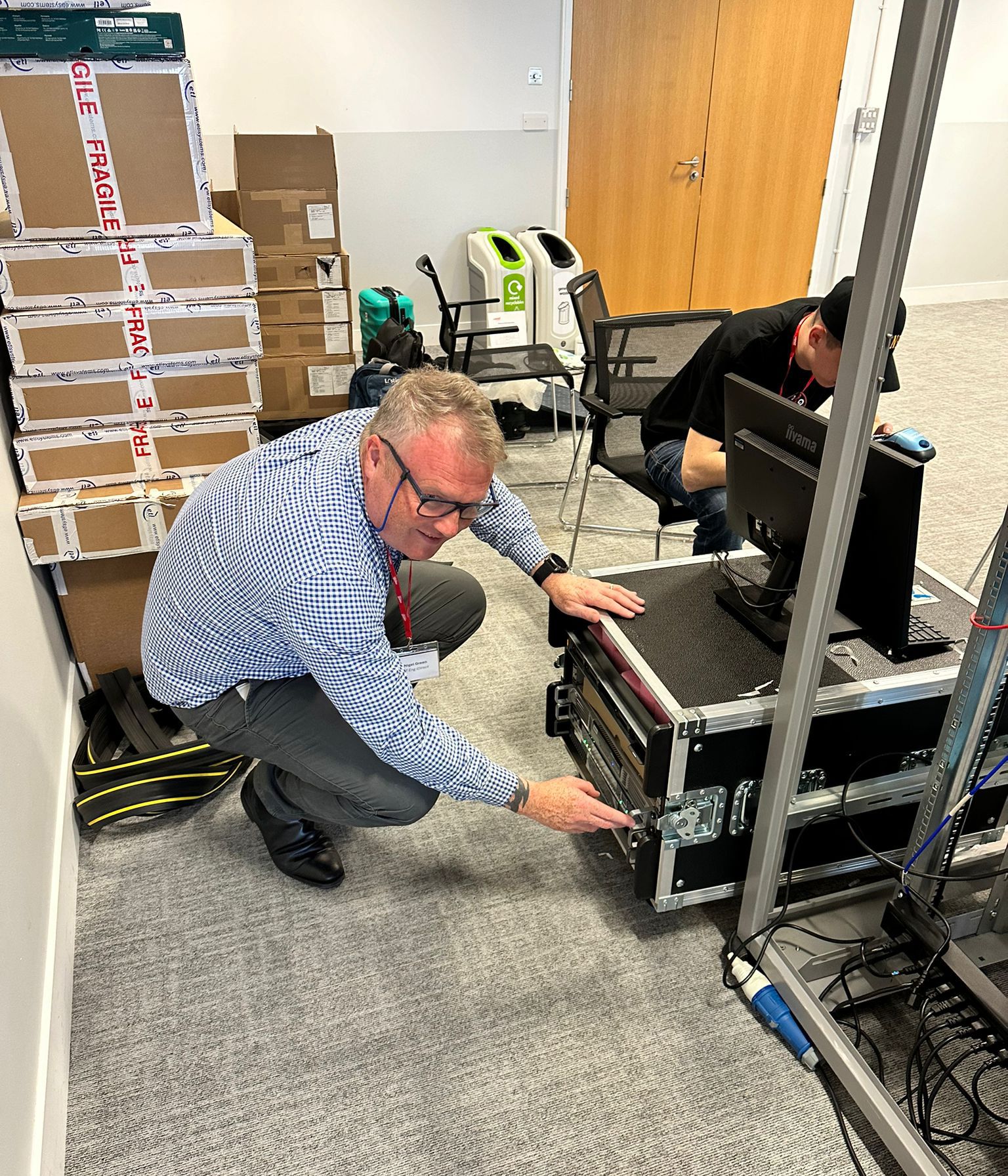
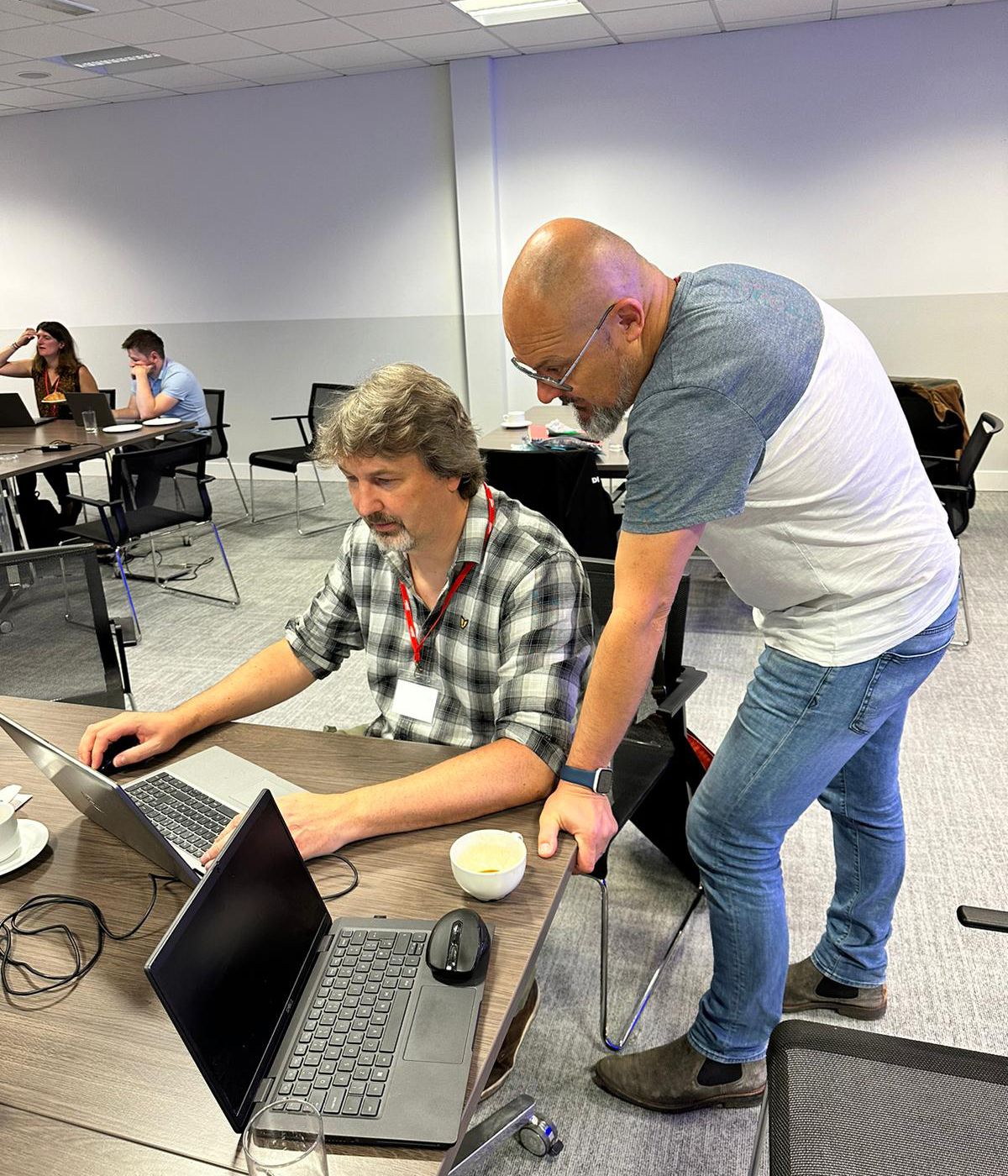
ST Engineering iDirect has played a central role, supporting DIFI as it aims to move the satellite industry forward by establishing an open, interoperable Digital IF/RF standard that replaces traditional analog IF signals.
This transformation is crucial for meeting the increasing demands for satellite communication and ensuring seamless interoperability among different vendors.
Advancing interoperability
The plugfest provided a platform for companies to test their equipment's interoperability using this standard, fostering innovation and collaboration.
The focus was to test the DIFI V1.2 specification among various technology vendors for the first time to prove interoperability for both modem and digitizer use cases.
Our participation involved both appliance and software-based modem instances to ensure a robust verification of DIFI compliance within the ecosystem, and to showcase our ability to integrate seamlessly across different platforms.

Bert Van der Linden,
Senior Principal Product Manager at ST Engineering iDirect, said:
“We brought our innovative technology to the event, demonstrating our commitment to advancing the industry through collaboration and standardization.
The interoperability tests were a great success and underscore the effectiveness of our solutions (both software and appliances) with the results highlighting our pivotal role in driving forward the adoption of standardized protocols.”

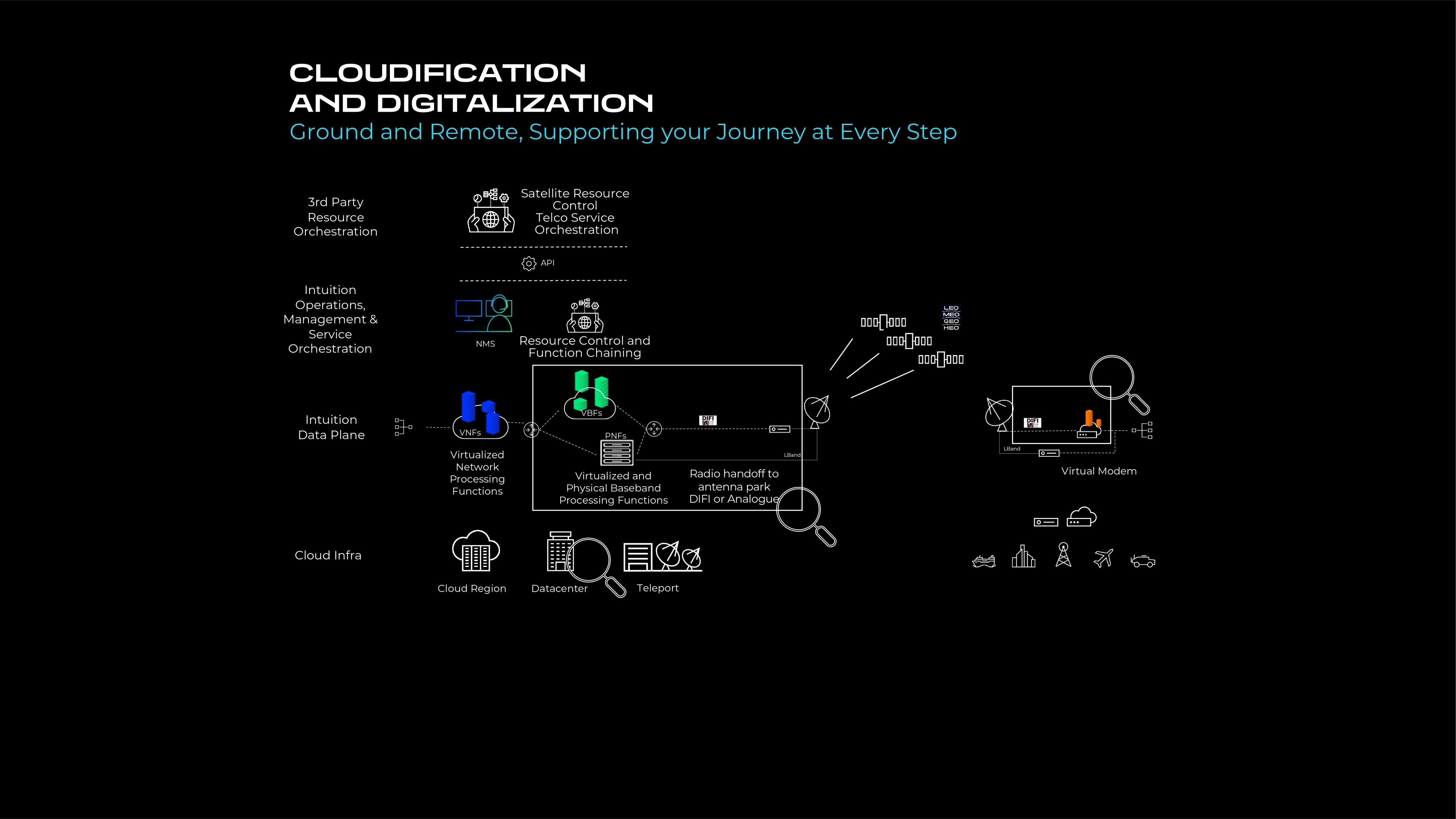
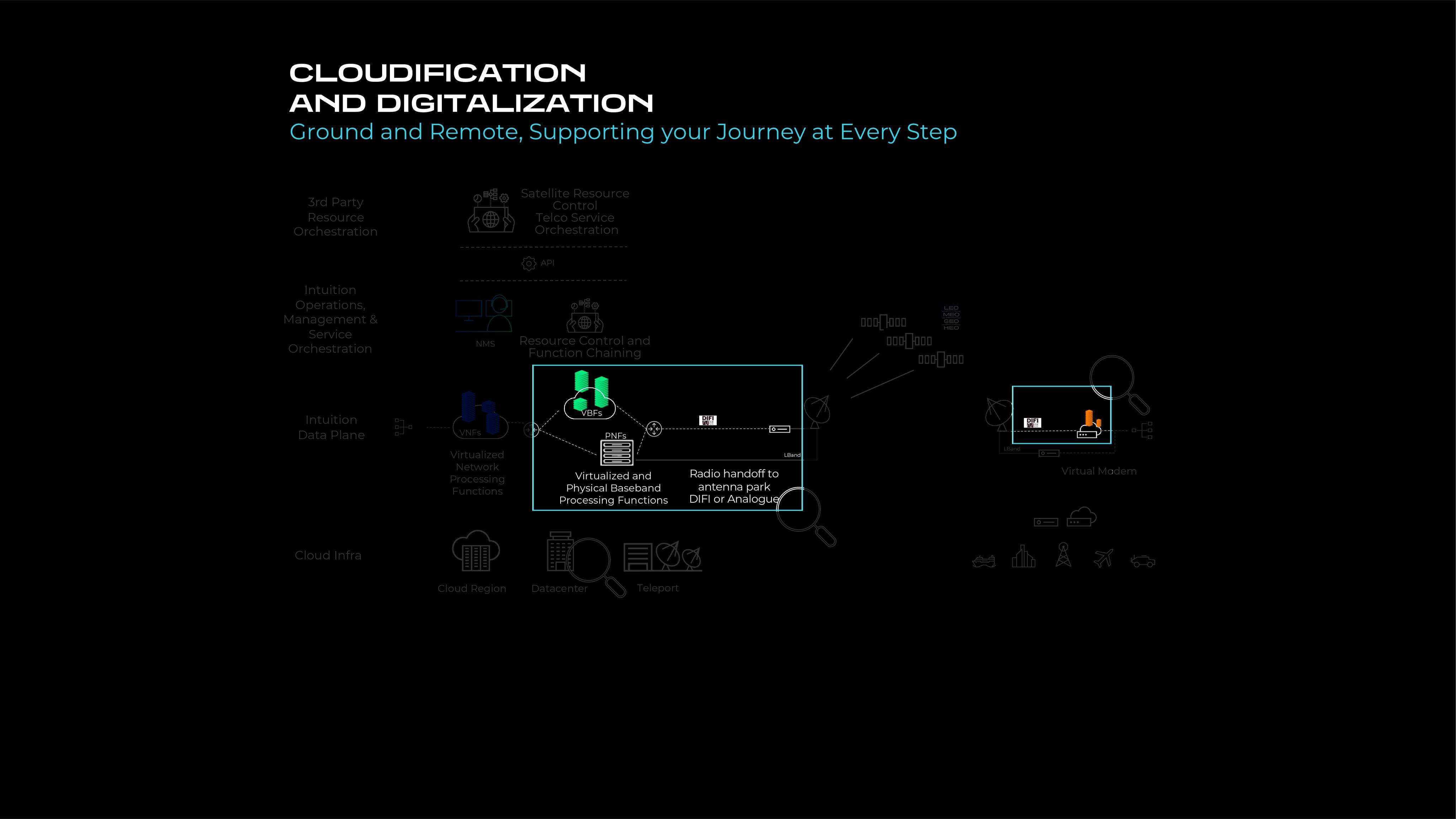
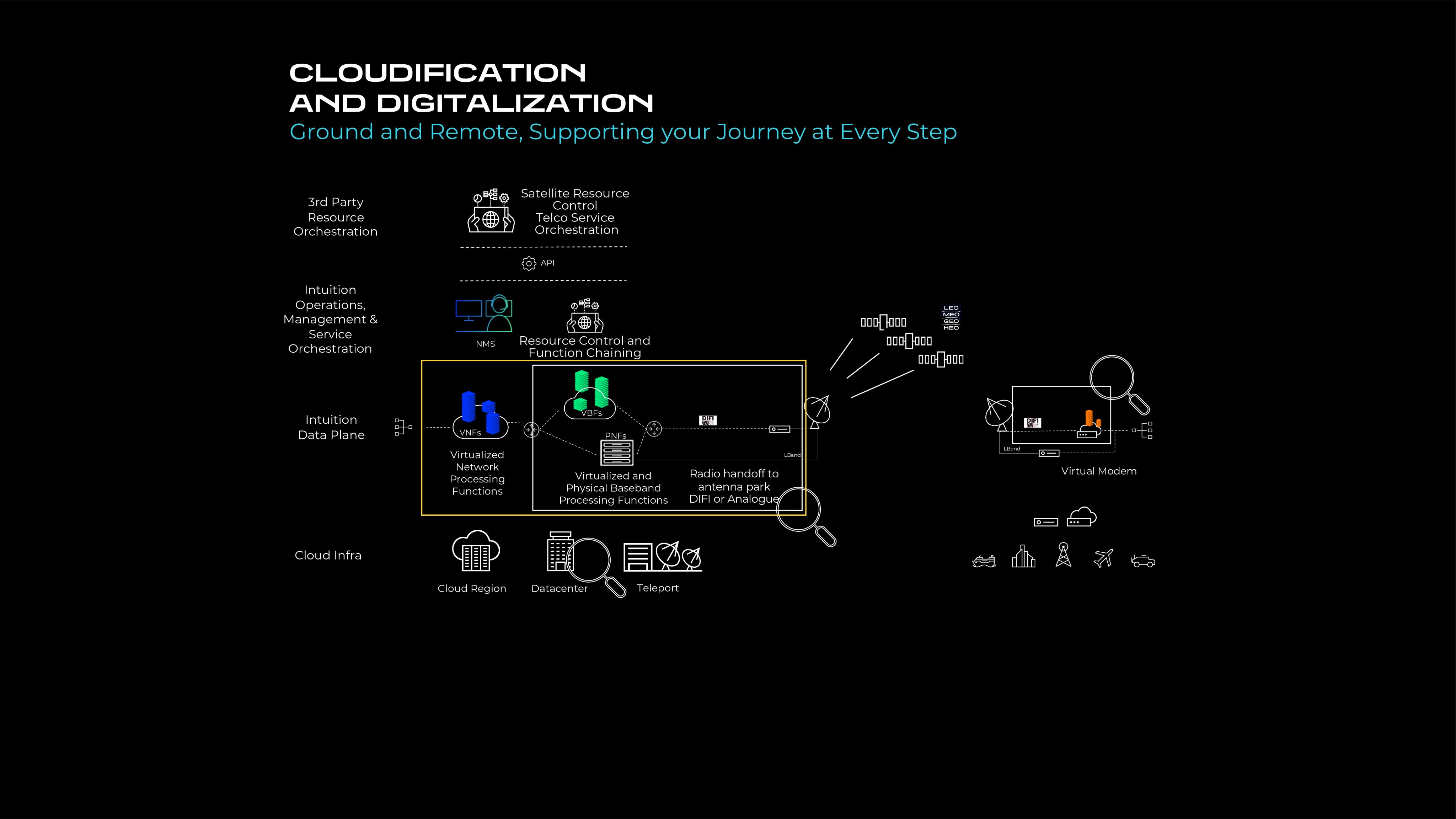
During the plugfest, the ST Engineering iDirect team showcased narrowband and wideband use cases where iDirect’s physical and virtual network functions (P/VNF) actively engaged in a multivendor DIFI workflow, demonstrating seamless interoperability across vendors within the ecosystem.

Jo Kenens,
Principal Engineer Hardware at ST Engineering iDirect, said:
“The development and promotion of the DIFI standard requires extensive collaboration among various stakeholders in the satellite industry. We’re committed to fostering this collaboration, working alongside other consortium members to achieve the goal of interoperability.
The plugfest events are critical to this effort, providing a practical environment for testing and validating the standard. This plugfest served to not only demonstrate the effectiveness of the DIFI standard, but also paved the way for a more interoperable and efficient industry.”

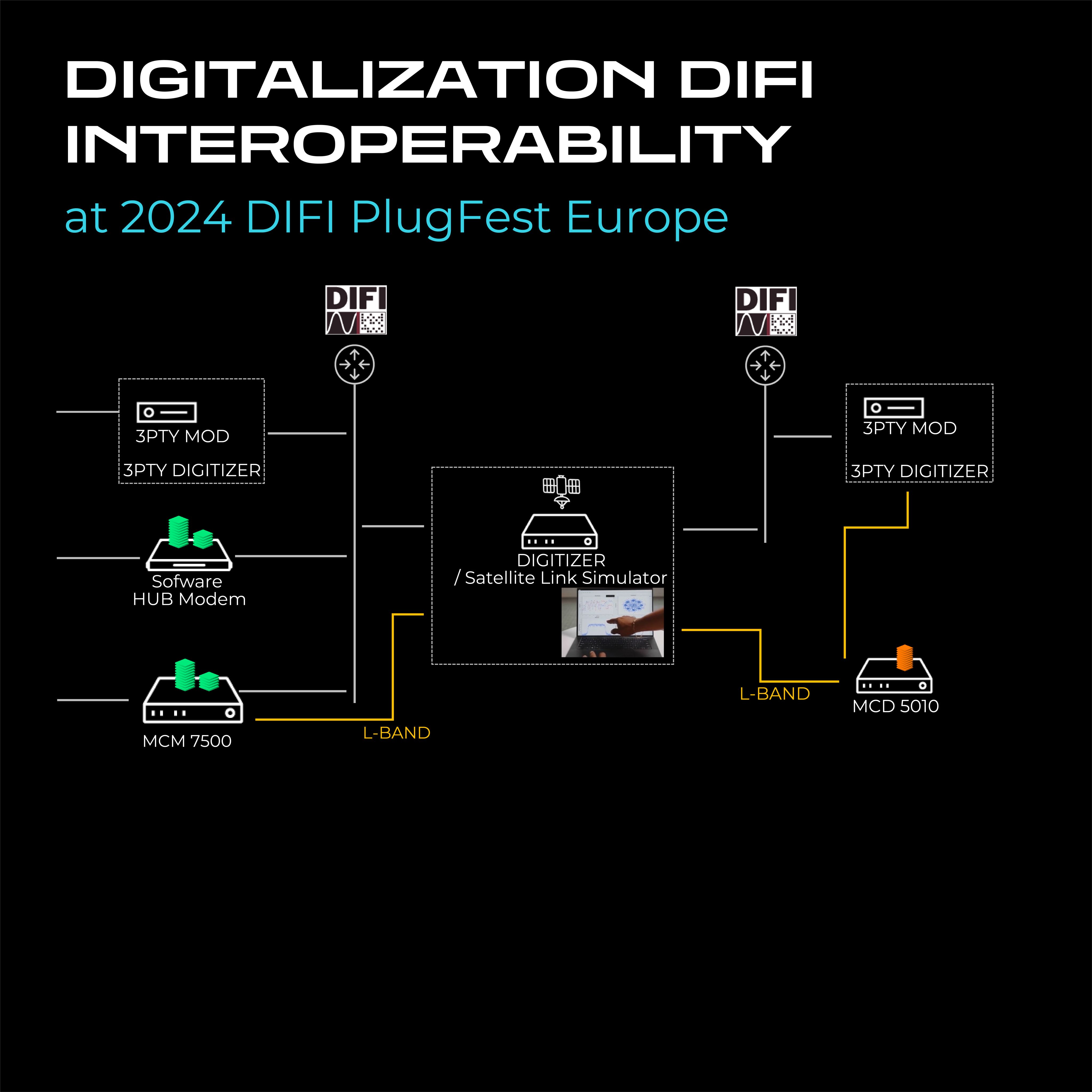
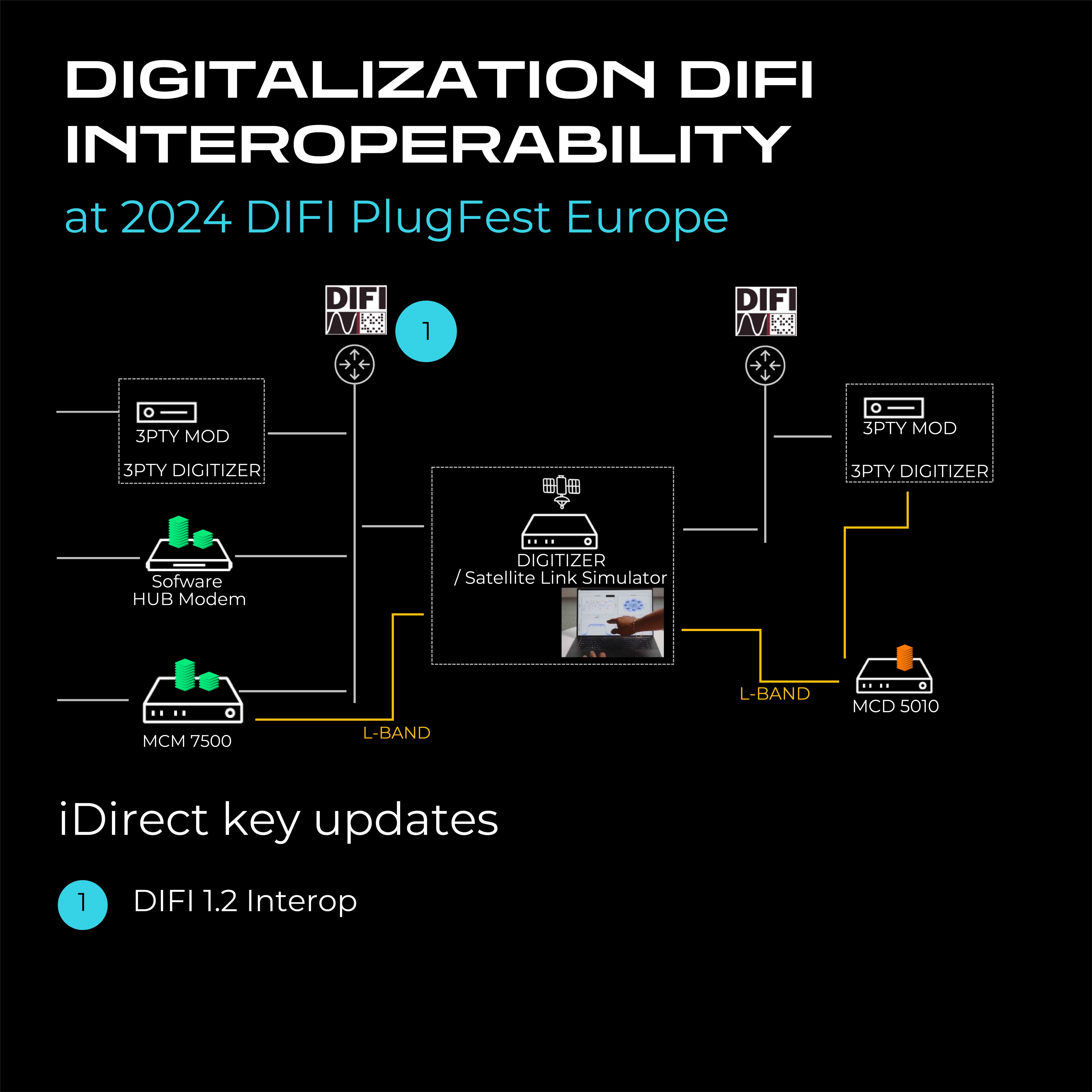
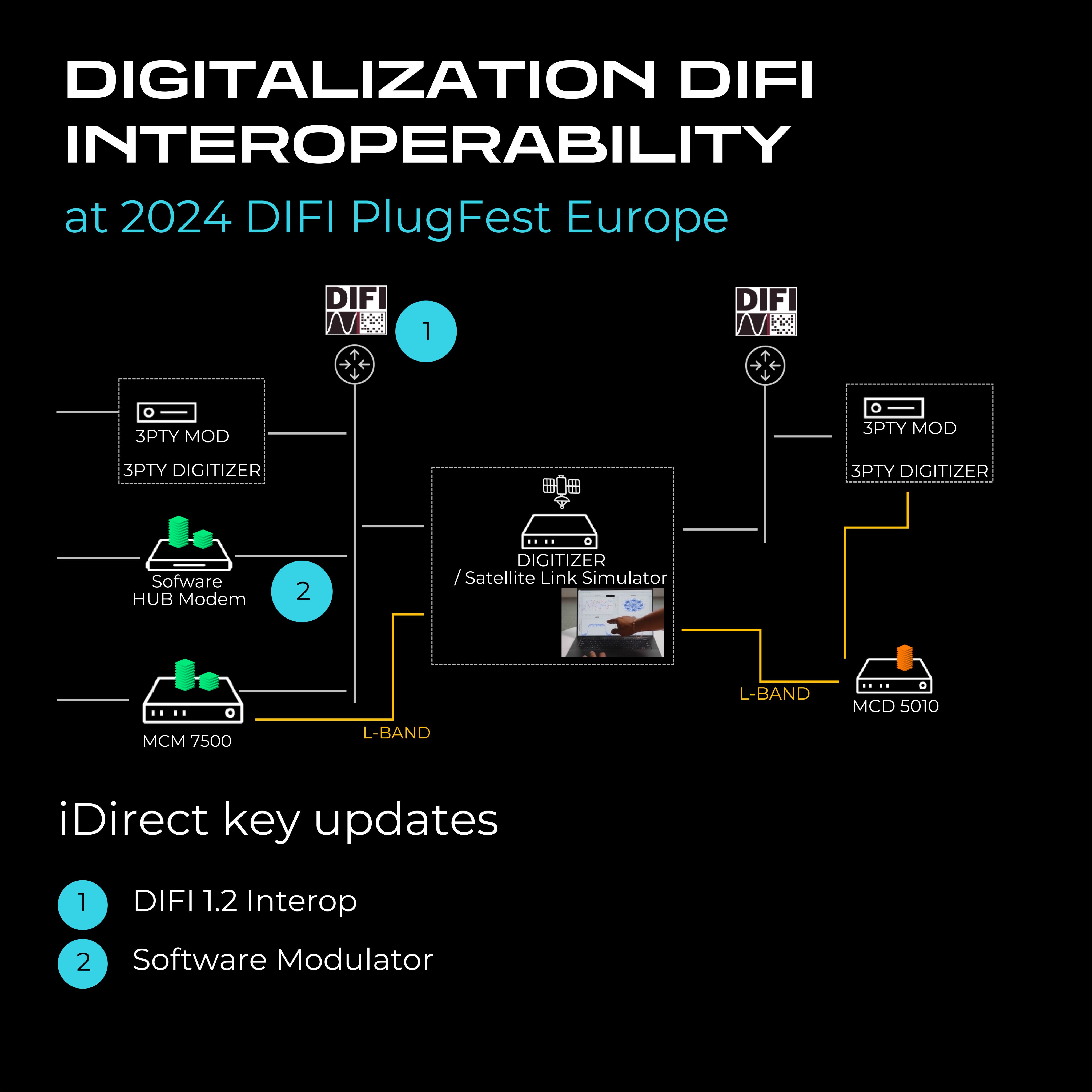
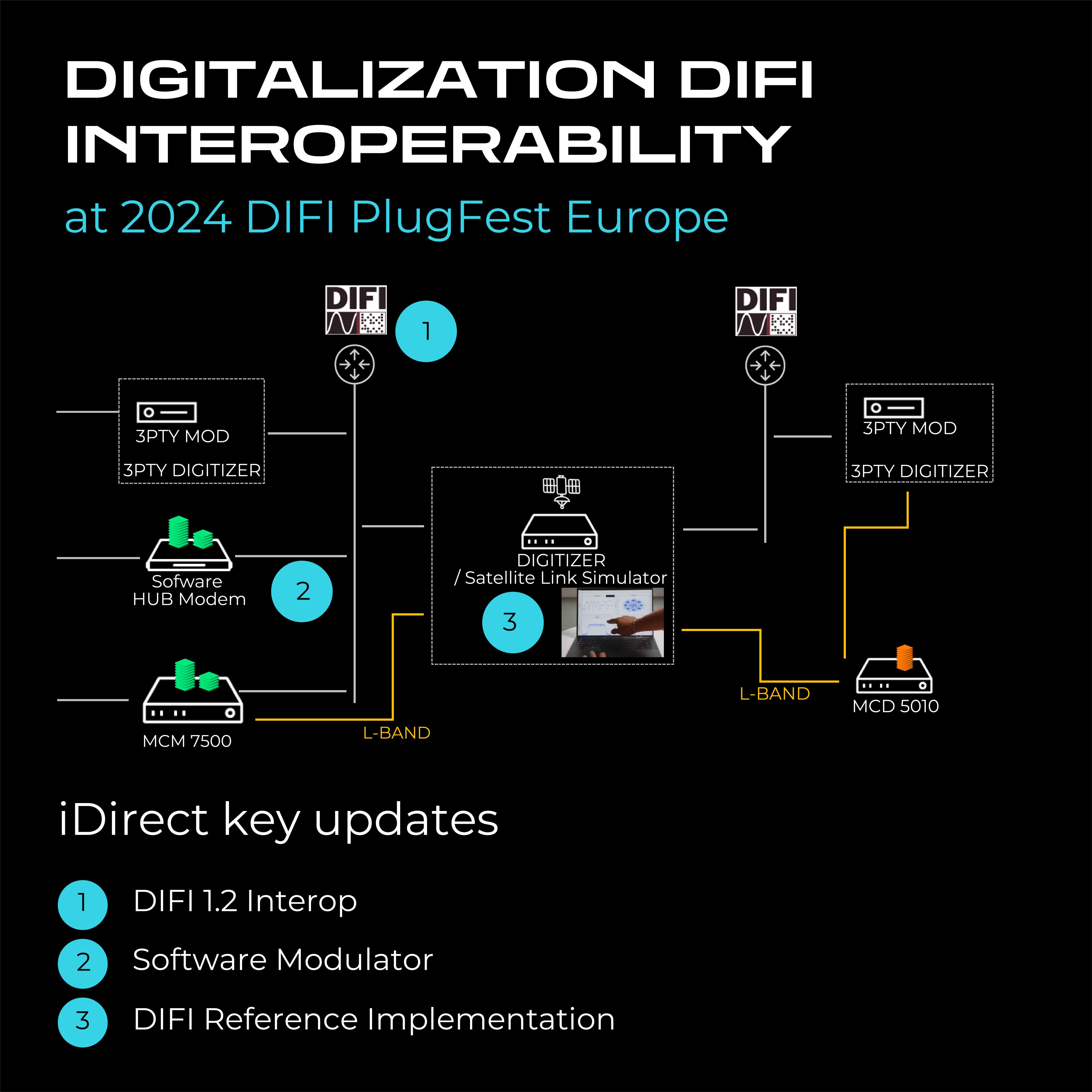
Showcasing advanced technology
The interoperability testing reflected real-life use cases with our test and evaluation vehicle functioning as a digitizer and satellite link simulator; key to guaranteeing and developing an end-to-end DIFI standard reference implementation.
We also demonstrated our software hub modem, deployed on a commercial-off-the-shelf (COTS) server. By deploying our virtual baseband functions on COTS infrastructure, we can offer greater flexibility and scalability for satellite communications. The software hub modem also exemplifies the shift towards virtualization and cloud-based solutions.
This transition from analog RF to digital IF technology represents a significant shift in the satellite industry. This change facilitates the use of VNFs, transforming hardware-based modems into cloud-based software solutions. The DIFI standard supports this evolution, enabling satellite operators to manage their networks more efficiently and respond quickly to customer demands. This transformation also aligns with broader industry trends, such as the advent of multi-orbit constellations and the increasing demand for 5G and cloud-based services.

Nigel Green,
Director Strategic Business Development at ST Engineering iDirect, said:
“While participating at these events is key in developing our own capabilities and ensuring our technology meets the evolving standards, they are also critical in developing relationships with key partners in the industry.
Developing long term partnerships is fundamental to supporting the DIFI standard and ensuring it is implemented across the ecosystem. It ultimately helps to ease the implementation for our customers now and in the future."
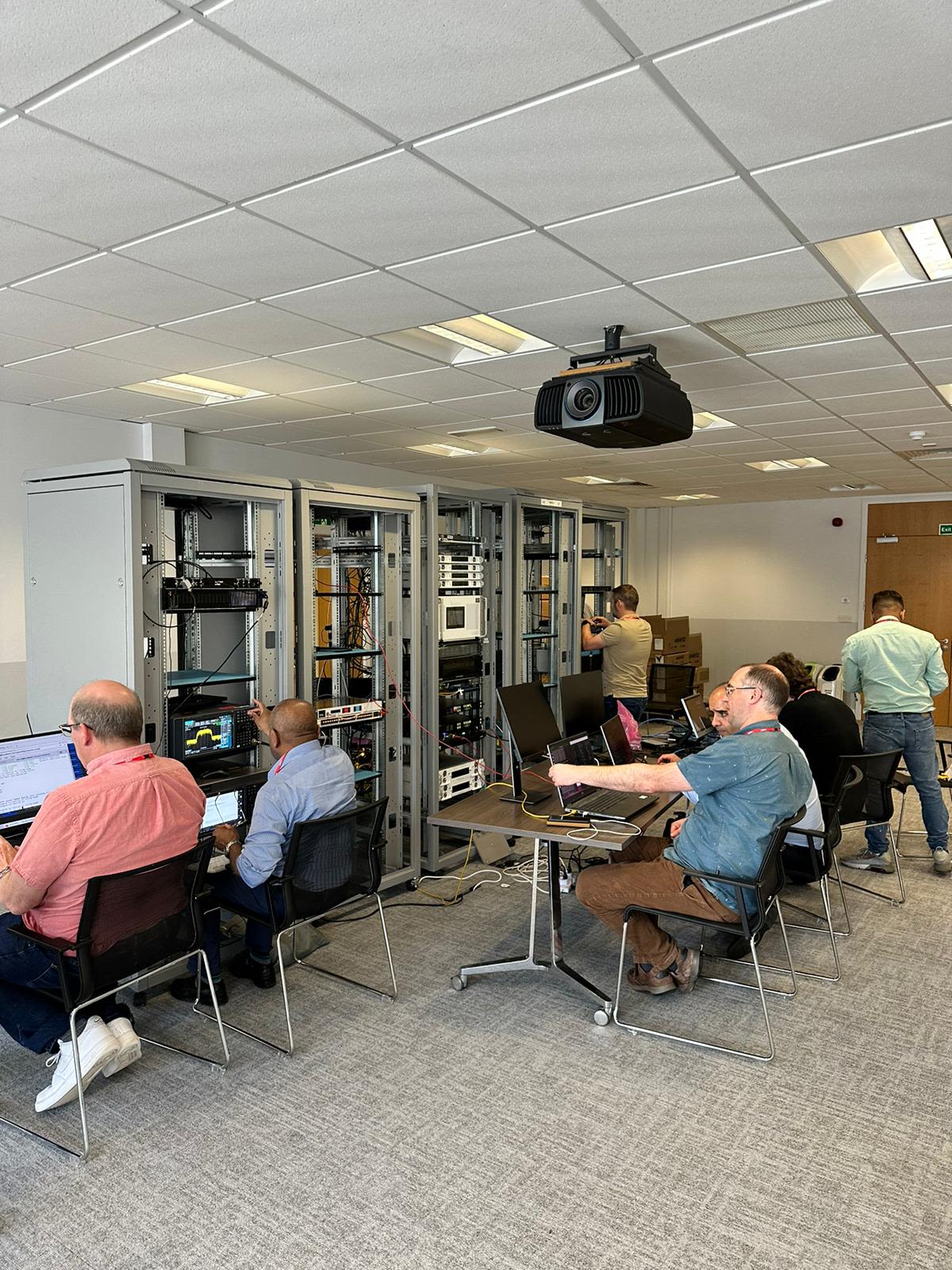
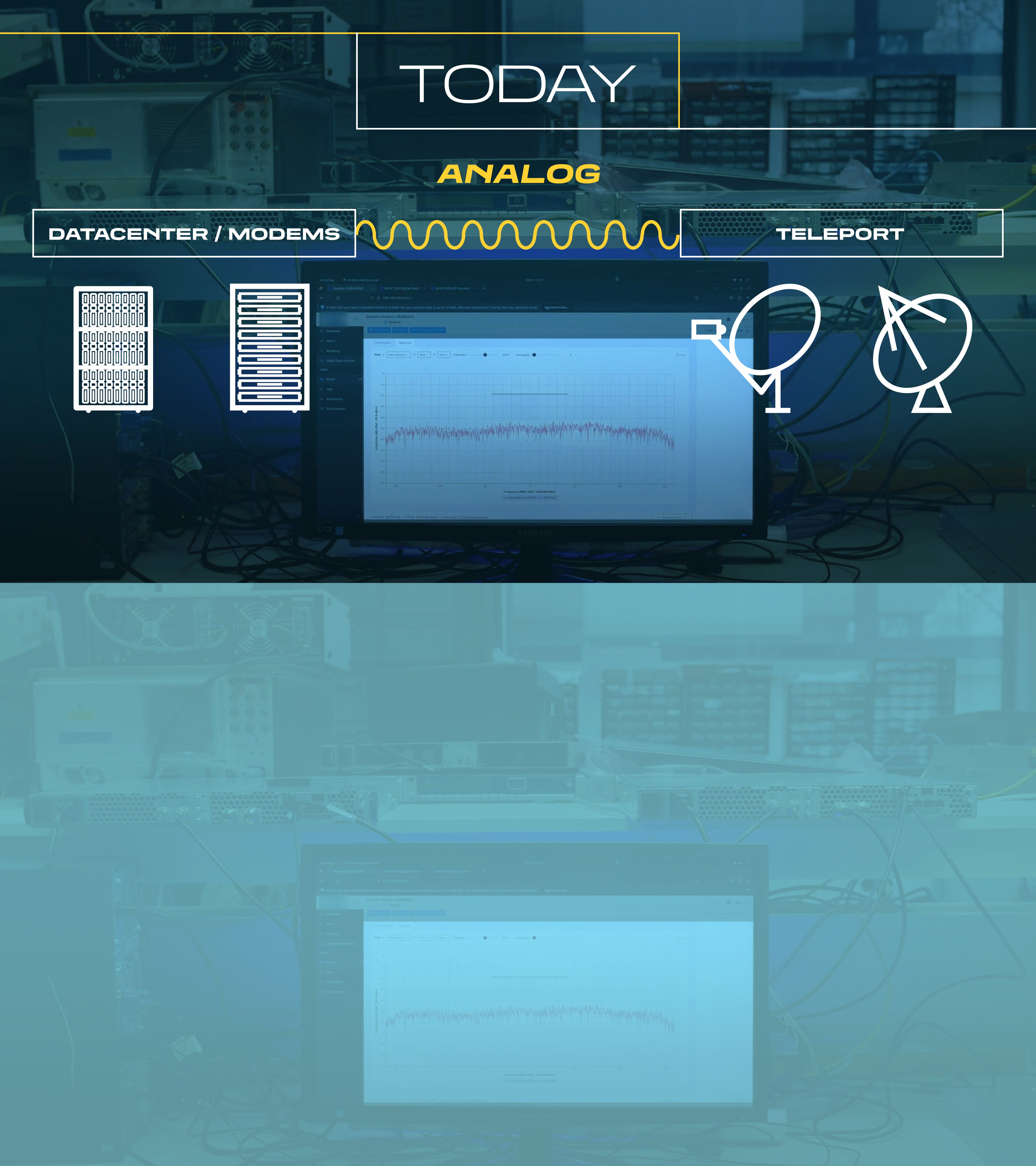
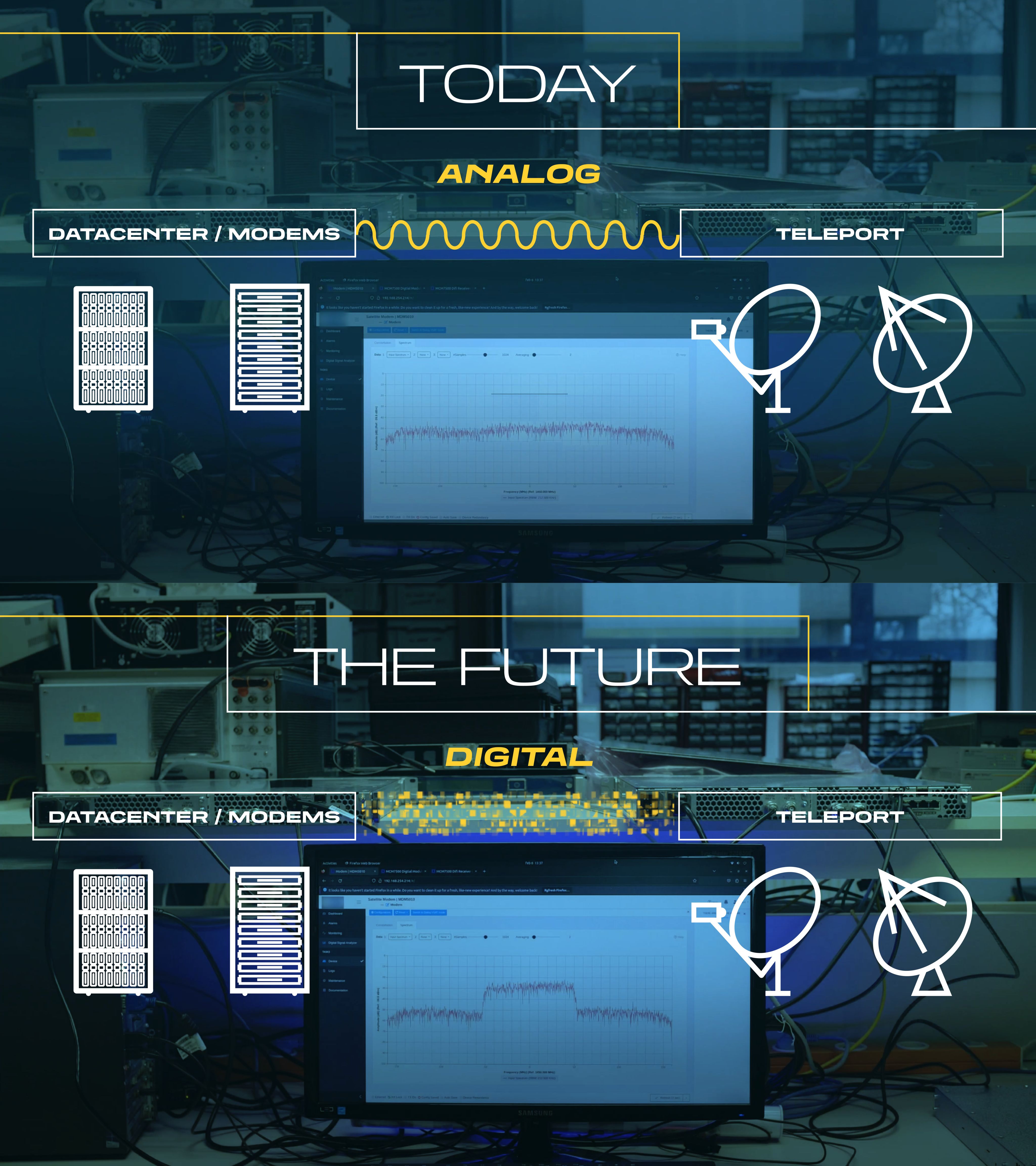


Transforming the ground segment
This transition from analog RF to digital IF technology represents a significant shift in the satellite industry. This change facilitates the use of VNFs, transforming hardware-based modems into cloud-based software solutions. The DIFI standard supports this evolution, enabling satellite operators to manage their networks more efficiently and respond quickly to customer demands. This transformation also aligns with broader industry trends, such as the advent of multi-orbit constellations and the increasing demand for 5G and cloud-based services.
Implementing the DIFI standard simplifies the distribution of RF signals, offering consistent signal quality and improved flexibility. This standardization reduces the complexity of RF systems at teleports, enabling more straightforward maintenance and operations. By leveraging IP workflows, satellite operators can achieve uniformity in managing and operating their networks, leading to significant cost savings and operational efficiencies.
Driving DIFI standard innovation
ST Engineering iDirect has long been at the forefront of developing the DIFI standard, contributing significantly through membership in the consortium.
Participating in previous plugfest efforts we continue to prioritize interoperability within the industry.
The DIFI standard simplifies the management, routing and transport of radio signals, enhances flexibility and reduces complexity, ultimately benefiting satellite operators and their customers.
This plugfest comes at a seminal time, following the launch of our groundbreaking next-generation ground system, Intuition.
As the satellite industry faces unprecedented growth, fueled by emerging technologies and new market demands, the need for innovation is greater than ever. With more satellites being launched across multiple orbits and terminal costs becoming increasingly attractive, the potential for expanded connectivity is immense.
Intuition addresses this evolving landscape with a standards-based, cloud-native, multi-orbit architecture, designed to meet the demands of a rapidly growing market.


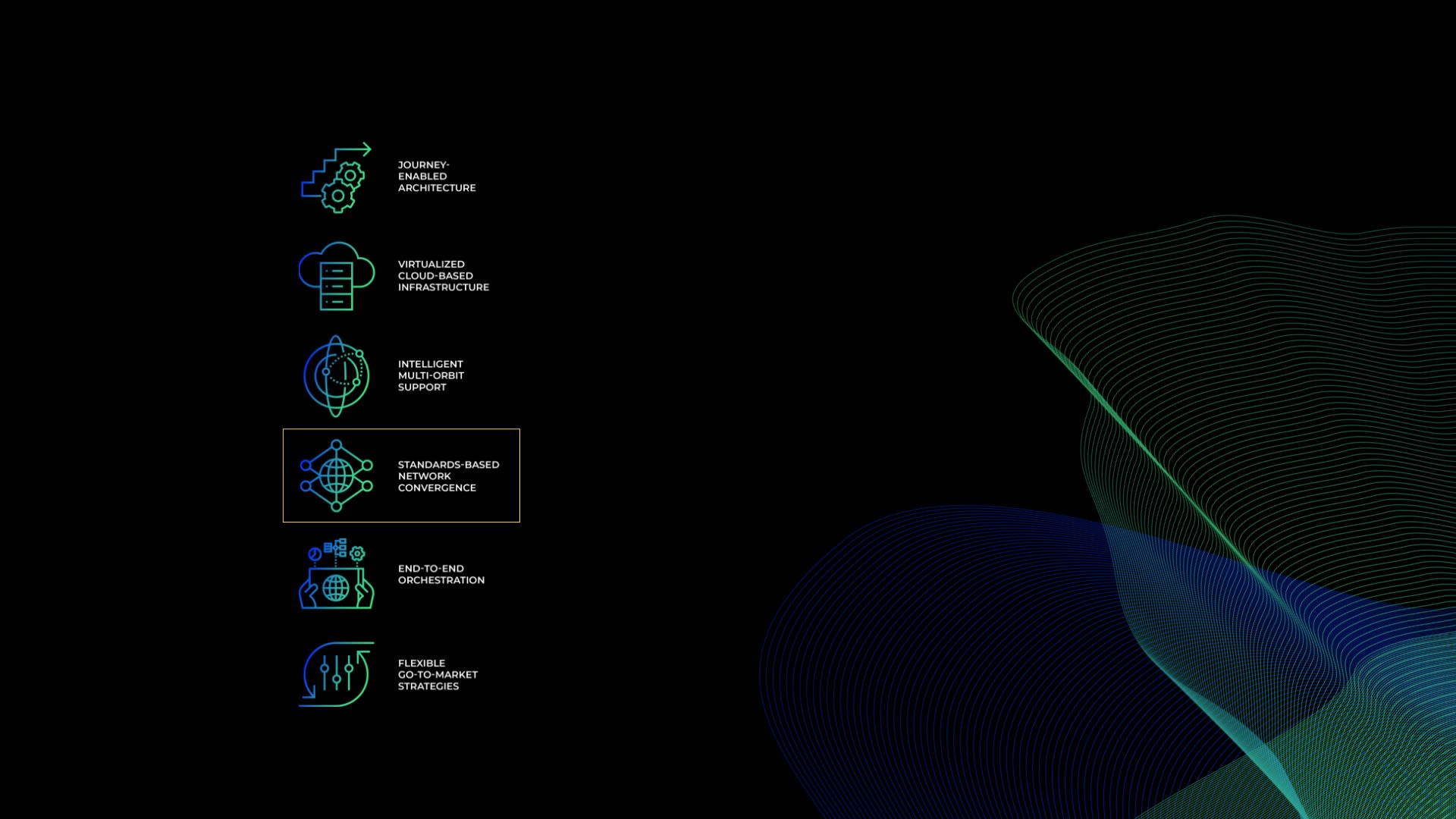



Supporting Your Cloudification and Digitalization Journey
At Every Step


